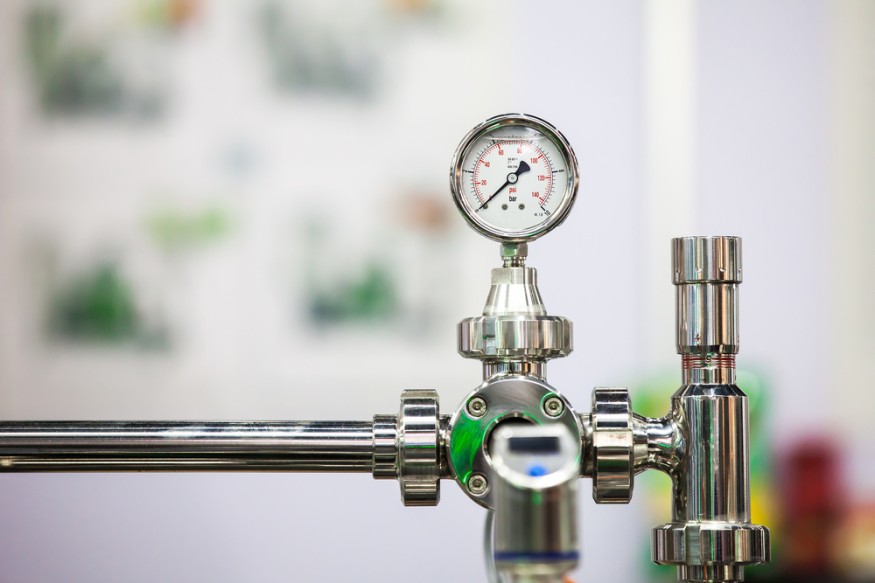
-
High-pressure temperature sensors are devices that are used in a wide variety of applications and can virtually be all around us. These sensors are typically used to monitor both heat and pressure that is exerted on an object. In most cases, these sensors are used in everyday home appliances such as washing machines and refrigeration systems.
How Do These Sensors Work?
For the most part, these sensors work in a very simple manner. When it comes to temperature sensors, they have to be properly calibrated to ensure that they emit an electrical signal that is going to produce a warning sign if the temperature goes above a certain number of degrees.
On the other hand, pressure sensors are pretty much the same, wherein they emit an electrical signal when enough or not enough pressure is exerted on them. Of course, both of these sensors can be part of larger and more complex systems that could force them to operate in a different manner.
Why Is This Relevant?
As mentioned, these sensors can be found in a wide array of machines that are used on a daily basis. They are also used in other machinery that may have industrial applications. For example, you can find one of these temperature sensors on every fridge, whether it's one that's located within your home, or in a larger industrial-sized refrigerator. Most of these sensors are going to be calibrated to emit some form of sign when temperatures drop beyond a certain point. Of course, what they are actually indicating is going to depend on the type of use that they are intended for. As a general rule, it is a good idea to have at least a basic understanding of how different machines around the house actually work. Learning to read these types of sensors can be a great start!
Custom-Made Sensors
One of the most interesting parts about these types of sensors is that they can be custom-made to fit the specific needs that a person or company may have at a specific point in time. Of course, if the sensor in your fridge fails, your first reaction might be to contact the manufacturer directly as they will most certainly have developed a specific type of sensor that is built to service that particular refrigerator model.
But when industrial-grade machines are involved, things are not as cut and dry. For example, not every single meat producer is going to want their products kept at the exact same temperature. In these cases, companies are going to be looking for a machine that is going to be able to cater to their specific needs. Therefore, the sensor that is installed in that particular space should also be calibrated to fit the strict specifications that the client is looking for.
The Key Is Mostly In The Way That Sensors Are Calibrated
Although, for the most part, the majority of sensors that you are going to find on the market are going to have relatively similar shapes and sizes. However, this does not mean that they are going to be all the same. One of the most important factors in being able to have a reliable sensor is making sure that it is properly calibrated. Of course, this is something that can ideally be achieved by having it directly calibrated by the manufacturer. Most of the manufacturers of these sensors you can find out there will offer this particular service as part of the price when buying the sensor in the first place.
Monitor The Temperature And Pressure At All Times
While most sensors work in a simple manner as previously described, there are times when you may need more specific information. For that, you can purchase sensors that will give you an accurate reading of the pressure and temperature at all times, and are equipped with alarms to signal any significant drop or increase in both areas. These sensors also have a monitor that will relay information to you constantly. These types of sensors are basically a requirement for a variety of uses. Of course, these are not usually the type of sensors and monitors that you are going to find in homes. Instead, they are mostly reserved for commercial and industrial use.
In any case, if you have a particular need that forces you to monitor the pressure that is being exerted by a particular machine, these more advanced sensors could be the best option. Getting a custom-calibrated sensor is not something that should be overly complex to get done!
© 2026 ScienceTimes.com All rights reserved. Do not reproduce without permission. The window to the world of Science Times.











